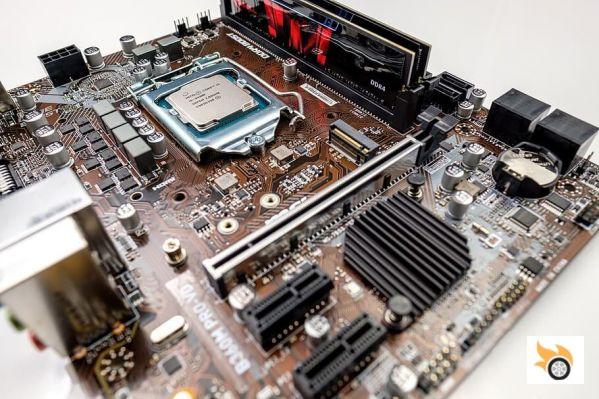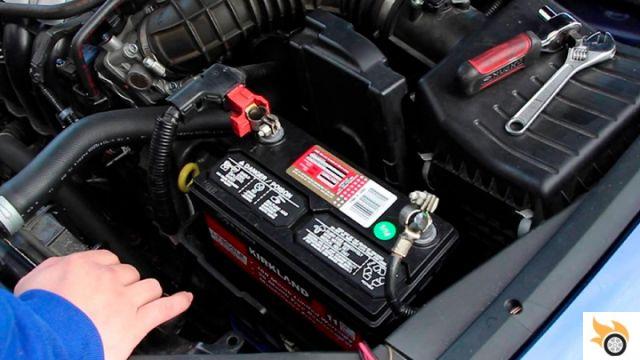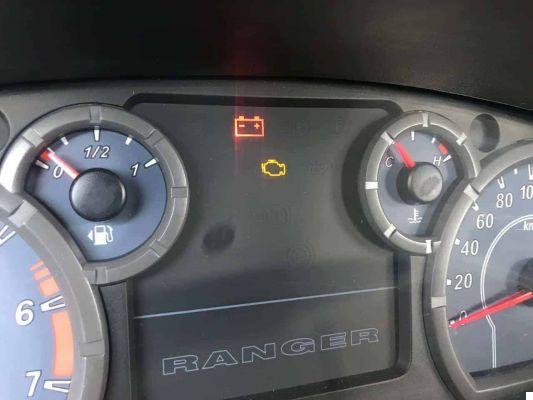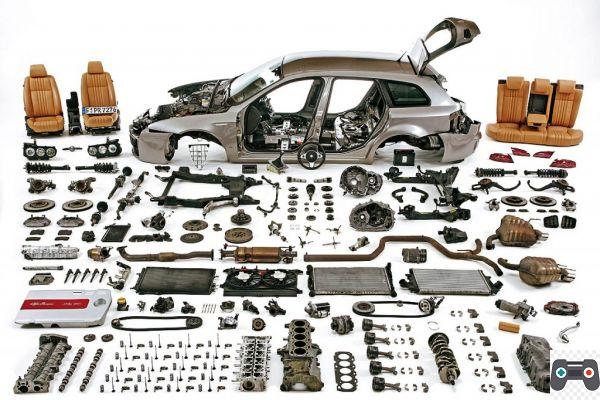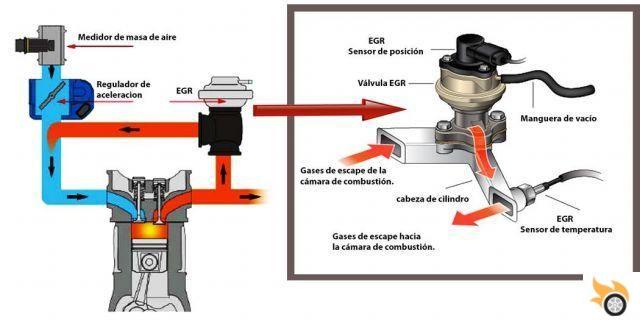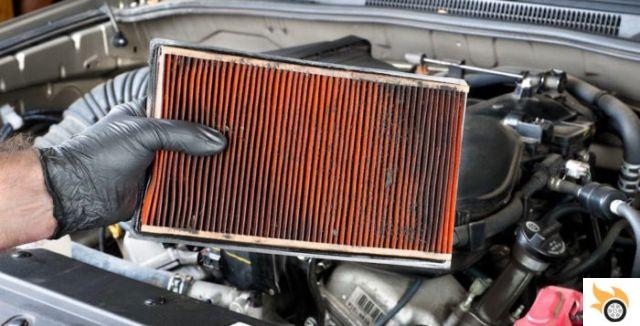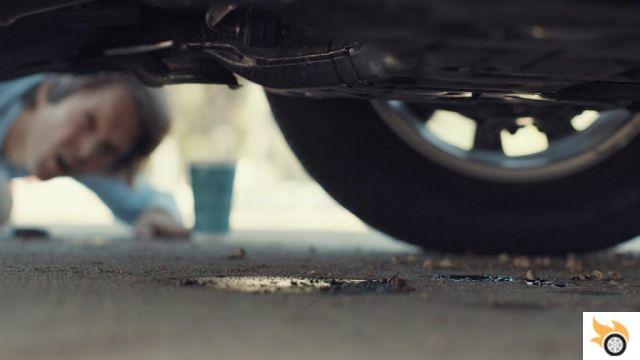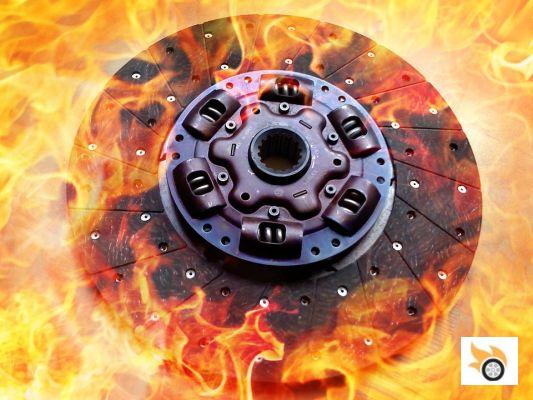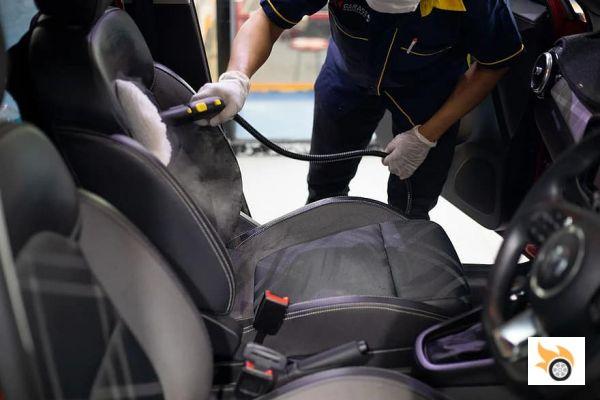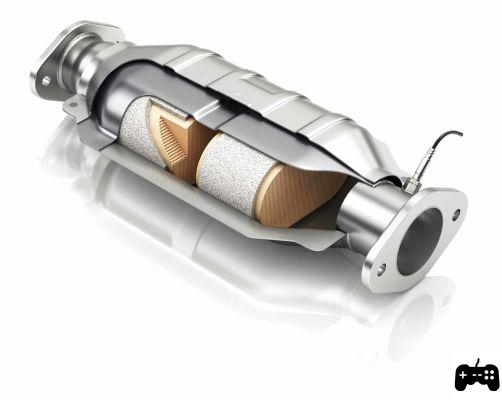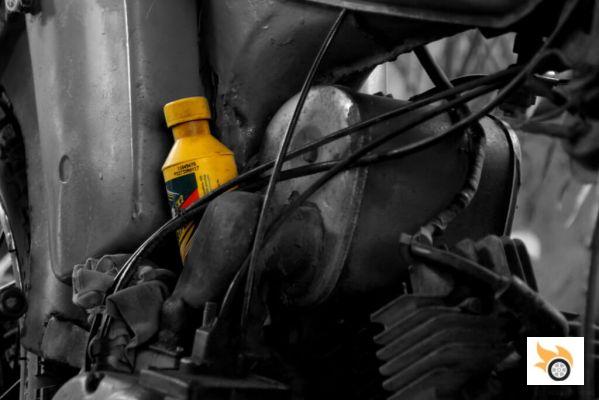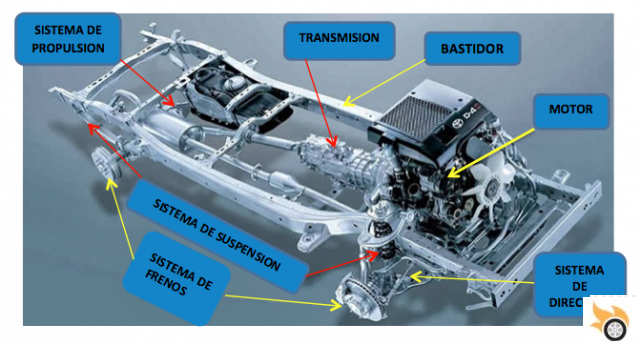
Regular oil change in a car engine is essential to keep it running smoothly and prolong its useful life. Not changing the oil on time can have serious consequences for the vehicle and its components. In this article, we'll explore the reasons why it's important to change your car's oil on a regular basis, the indicators that tell us when it's necessary to change it, and the recommended frequency to do it.
What are the consequences of not changing the oil in the car on time?
Missing an oil change can have a negative impact on engine performance and durability. Here are some of the more common consequences:
1. Premature desgaste of the motor
Oil lubricates the moving parts of the engine, reducing friction and wear. If the oil is not changed regularly, impurities and particles accumulate that can damage metal surfaces and accelerate the wear of engine components. This can lead to a decrease in engine efficiency and increased fuel consumption.
2. Accumulation of waste and sludge
Over time, the oil becomes contaminated with particles of dirt, dust, and other debris. If not changed, these residues accumulate and form sludge that can clog the engine's lubrication and cooling ducts. This can cause the motor to overheat and seriously damage its components.
3. Loss of power and performance
Old and contaminated oil cannot perform its lubrication function efficiently. This can result in a loss of engine power and performance. The car may become slower on acceleration, have difficulty maintaining speed and experience a general decrease in performance.
4. Increased risk of breakdowns
Failure to change the oil can increase the risk of engine breakdowns and failures. Engine components work at high temperatures and are exposed to constant stress. If the oil is not changed, it cannot adequately protect the moving parts of the engine, which can result in costly damage and complicated repairs.
What are the limits of not changing the oil in the car on time?
Not changing the car's oil on time can have consequences beyond the engine. Here are some important limits to keep in mind:
1. Damage to the lubrication system
The engine's lubrication system depends on oil to function properly. If the oil is not changed, it can lose its lubricating properties and not fulfill its function of protecting and lubricating the moving parts of the engine. This can result in serious damage to the lubrication system and require costly repairs.
2. Reduced engine life
A car engine is one of the most expensive and difficult parts to replace. Not changing the oil on time can significantly shorten the life of the engine and require its premature replacement. This can result in considerable expense and affect the economy of the vehicle owner.
3. Loss of warranty
Most auto manufacturers require regular maintenance, including oil changes, to maintain the vehicle's warranty. Failure to change the oil according to the manufacturer's recommendations may void your warranty and expose you to expensive repair costs in the event of a breakdown.
When is it necessary to change the oil in the car?
The recommended frequency for changing car oil may vary depending on the manufacturer and model of the vehicle. However, there are some common indicators that tell us when the change is necessary:
1. Mileage
Most manufacturers recommend changing the oil every 5.000 to 7.500 miles, or every 3 to 6 months, whichever comes first. However, it is important to check your owner's manual for specific recommendations for your vehicle.
2. Oil change indicator
Some modern cars are equipped with an oil change indicator that monitors the quality and level of the oil. This indicator is based on factors such as engine temperature, driving style and driving conditions. If the gauge shows that the oil needs to be changed, it is important to do it as soon as possible.
3. Visual inspection
A visual inspection of the oil can provide clues as to its condition. If the oil looks dark, dirty, or has visible particles, it is likely contaminated and needs to be changed. Also, if the oil level is below the recommended level, it is important to top up or change it.
Frequently Asked Questions (FAQs)
1. What happens if I don't change the oil in my car?
If you don't change your car's oil on time, you can experience serious consequences such as premature engine wear, residue and sludge buildup, loss of power and performance, and an increased risk of breakdowns. Additionally, you may face limits such as lubrication system damage, reduced engine life, and loss of warranty.
2. What is the recommended frequency to change the car's oil?
The recommended frequency for changing car oil may vary depending on the manufacturer and model of the vehicle. In general, it is recommended to change the oil every 5.000 to 7.500 kilometers, or every 3 to 6 months, whichever comes first. However, it is important to check your owner's manual for specific recommendations for your vehicle.
3. How do I know when it is necessary to change the oil in my car?
There are several indicators that tell us when it is necessary to change the oil in the car. These include mileage, oil change indicator, and a visual inspection of the oil. If the recommended mileage has been reached, the gauge shows that the oil needs to be changed, or the oil looks dark and dirty, it is important to change it as soon as possible.
Conclusion
Regular oil change in the car is essential to keep it running smoothly and prolong its useful life. Not changing the oil on time can have serious consequences for the vehicle and its components, such as premature engine wear, residue and sludge buildup, loss of power and performance, and an increased risk of breakdowns. In addition, there may be limits such as damage to the lubrication system, reduced engine life, and loss of warranty. It is important to follow the manufacturer's recommendations and change the oil regularly to avoid these problems and keep the car in top condition.
We hope this article has been informative and useful in understanding the consequences and limits of not changing the oil in your car on time. If you have any additional questions, feel free to leave a comment below. We will be happy to help you!
Thanks





